By Jeremy Dickey, Communications Manager
If you asked the average person from the United States to point out the country of Honduras on a map, I’m guessing that nine times out of ten, he or she would not be able to locate it. Although Honduras is the second largest country in Central America, after Nicaragua, it could still fit nearly 170 times inside the United States, and many Americans know little about it. Much of what is shared on our news about Honduras is negative and portrays the Honduran people in a terrible light. We hear of gangs. We hear of caravans. But the news never stops to ask why these things are happening, or to ask who are the people most affected by them.
When I signed on to participate in a week-long root causes pilgrimage delegation to Honduras, I did so with little knowledge of the country or the people who call it home.
On the first day of our pilgrimage, Honduran Jesuit Father Ismael Moreno, commonly known as “Padre Melo” asked us this question: “To which country do you come?” That question stuck with me, and I tried my best to use it as the lens through which to view this experience and everything I encountered.
The simple answer, of course, would have been to say, “Honduras,” but what country is Honduras, truly, and more importantly who are its people?
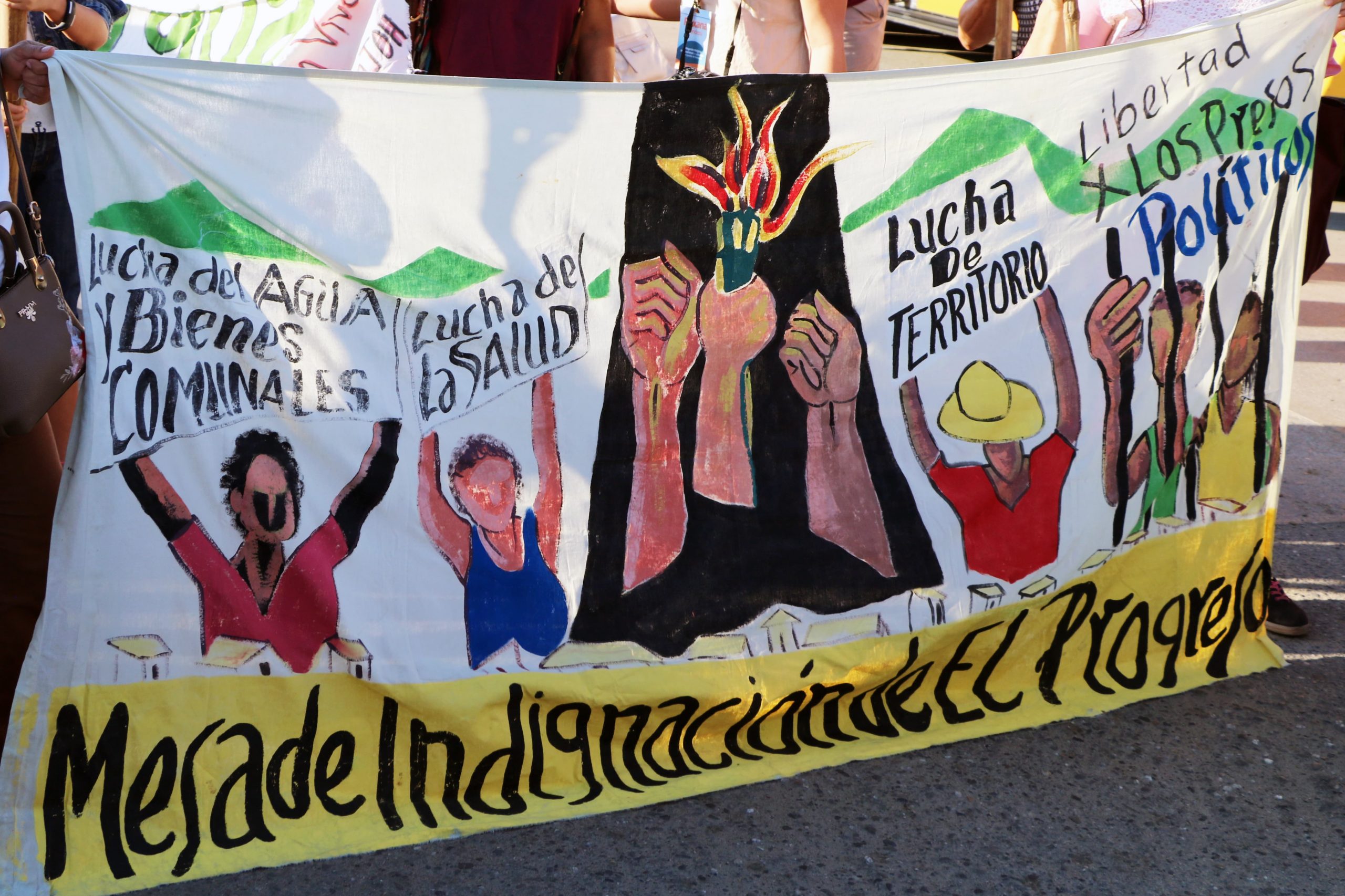
Honduras is a place that has known great struggles. Plagued by a major coup in 2009, stability is a notion of dreams when talking about its formal governmental body. It’s a country that the United States has used and abused since the 1970s, and one where monetary support funds militarized government security forces, not the people on the ground who need it the most. In 2017, an illegitimate election took place and instilled powerful individuals who think of themselves and their wealthy friends first, and the everyday people of Honduras second, if at all.
This place is a country that has seen nearly 150 activists and land defenders, like Berta Cáceres, assassinated by the government since 2009.
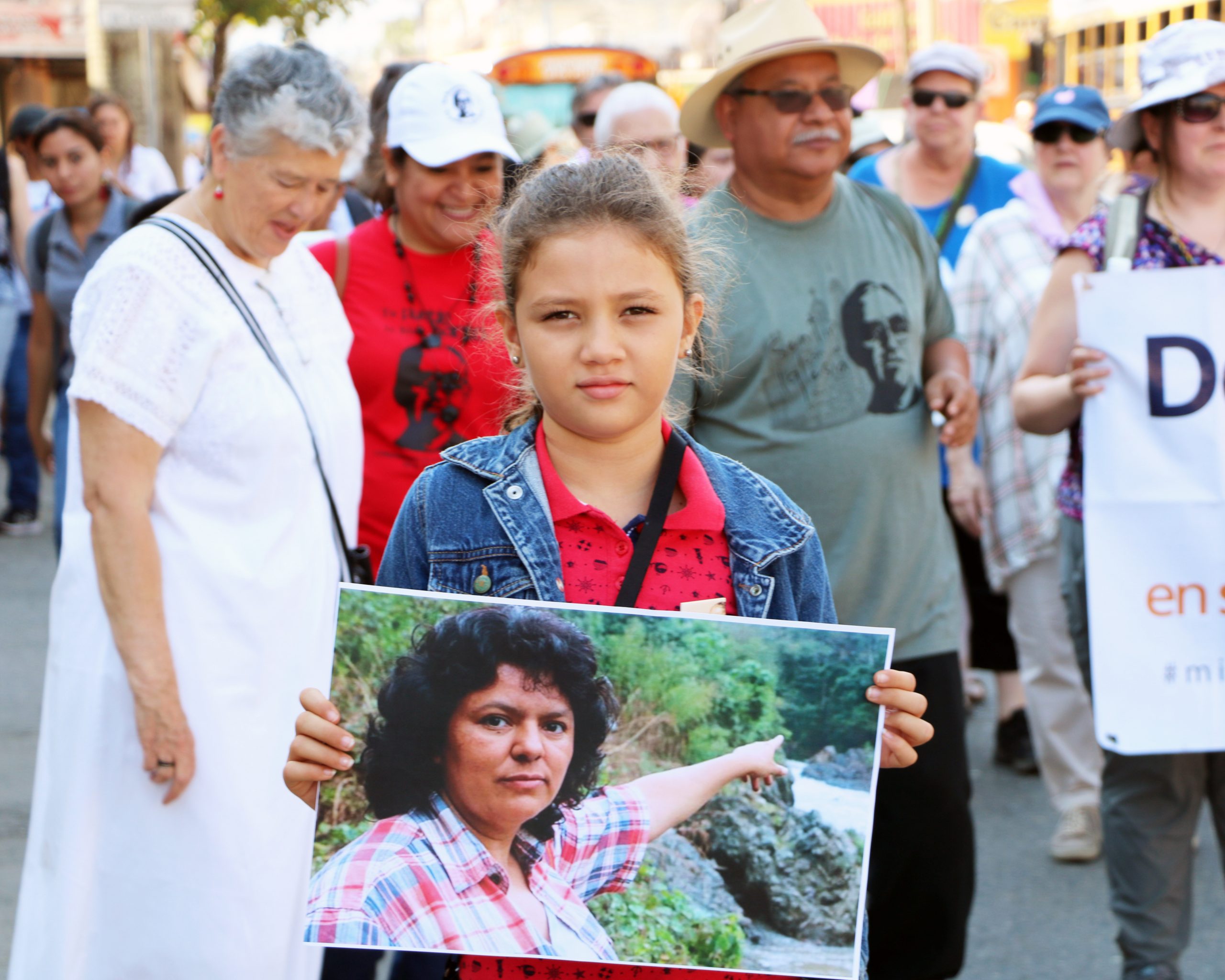
This country is one inundated by inequalities. Women are treated as second-class citizens, but through the help of organizations like Tejedoras de Sueños (Dream Weavers) and Foro de Mujeres (Forum of Women), which are both run by Mercy Associates, women are truly beginning to realize their rights and worth. One woman I met at Foro de Muejeres said this, which is imprinted in my mind: “Before, I used to have to ask my husband for permission to leave the house, now I know I have rights and when I leave, I just tell him that I’m going.”
Honduras is a country where workers suffer so that people in the United States and other more-developed nations can buy cheap goods like coffee, bananas and clothing. Workers in maquiladoras, large factories, work 11 hours or more a day in hazardous conditions for very little pay. The repetitive nature of their work makes injury all the more likely. Most maquiladora workers are fired at the age of 35, because they are considered to be too old and too much of a liability to work.
The Honduran people who have a job, although often a dangerous or unjust one, are much more fortunate than those who are unable to find work at all. Poverty, of the most extreme forms I’ve ever seen, is rampant throughout the country. Nearly 70% of the Honduran population is living in poverty, with one out of every five people surviving on less than $1.90 per day.
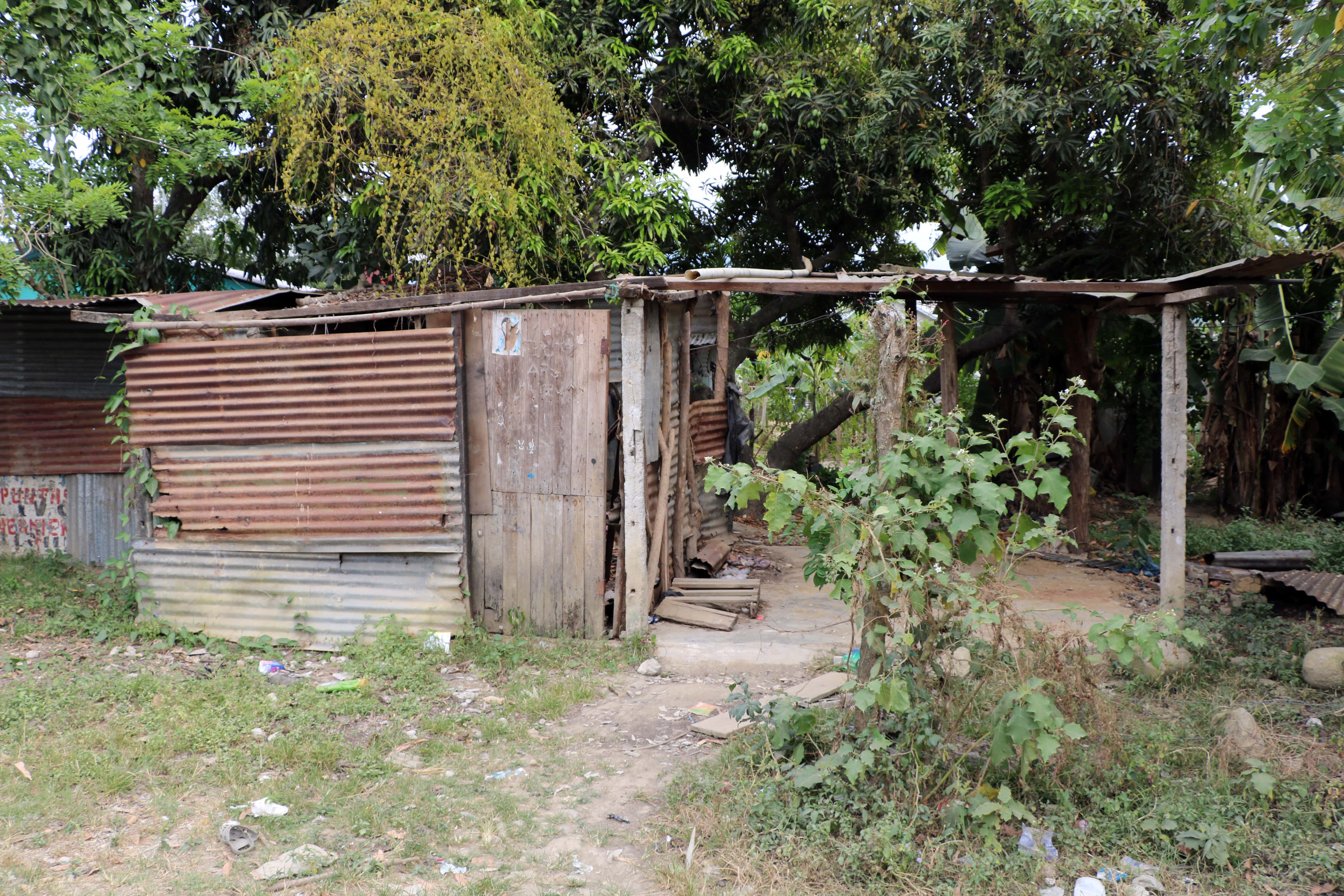
People without means are forced to live in conditions those of us who have always lived in comfortable circumstances cannot even imagine. With so many out of work, the rise of nefarious ways to make a living is more and more likely. Gangs, narcotic trafficking and human trafficking are all major issues that plague the country and its people.
So it’s true that Honduras is an often difficult and complicated place, but even through all of this difficulty, and even through all the sadness it visits upon the people, it is a country filled with immeasurable amounts of hope, too.
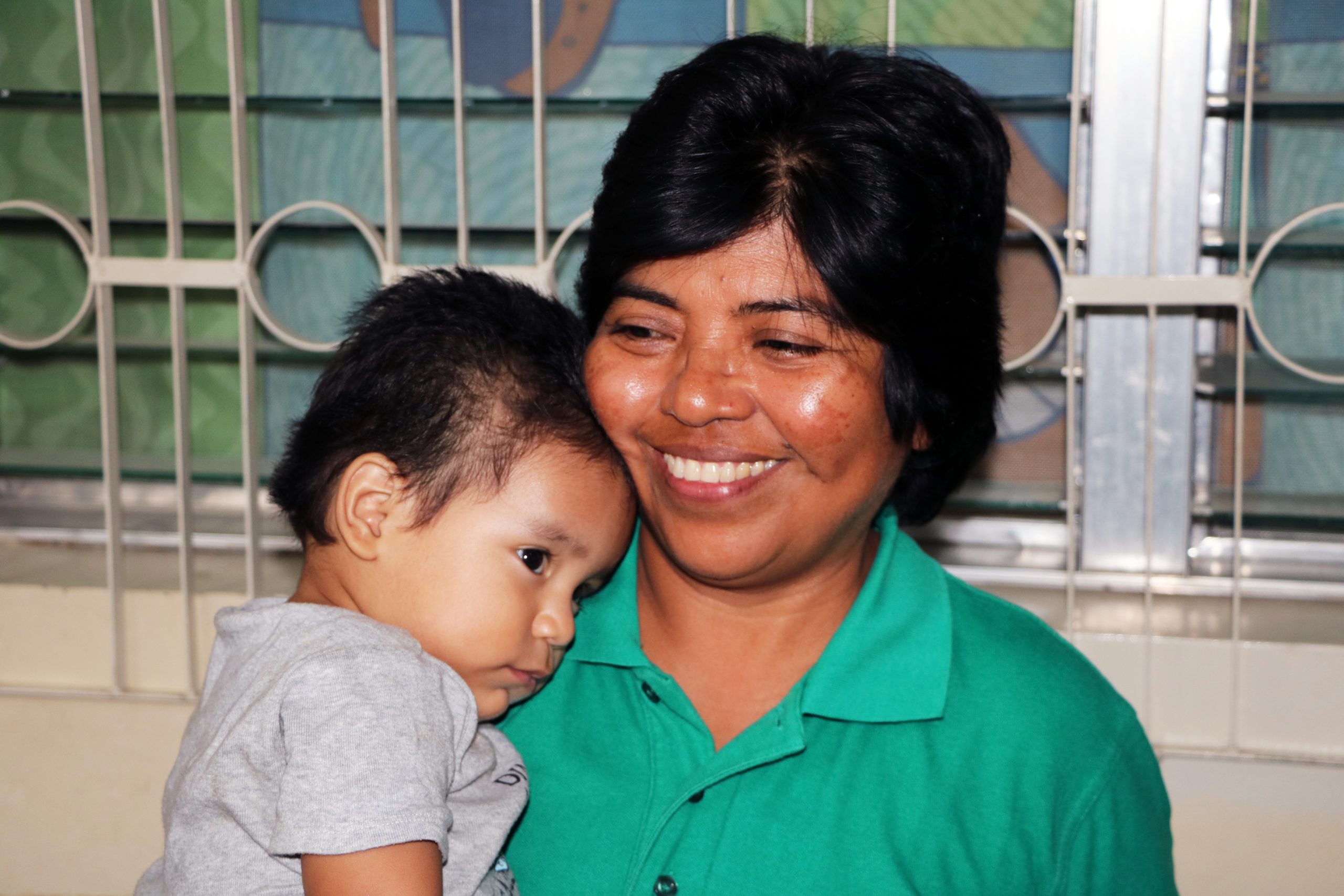
It’s the country where Sister of Mercy Sandra Hernández cares for children living with HIV/AIDS through her ministry at Casa Corazon. It’s where Sister Theresa, SSND, runs a home for children who have been abandoned, orphaned or suffered terrible abuse. It’s the place where a woman named Silvia runs Paso a Paso, a community center in one of the most dangerous colonias (neighborhoods) in the country so that children, women and families can retain some sense of normalcy and learn skills that they can take with them for life. It’s a country where women are learning to wear the badge of feminism proudly and stand in solidarity with one another to assert their rights as equals. It’s the country where land defenders are climbing on top of bulldozers—some carrying their babies—to rally the people to rise up against the militarized government forces that are threatening to displace whole communities. And it’s the country where Radio Progreso, an activist radio station, is helping to empower the people to push back against an unjust and unequal government.
Honduras is a beautiful place. It’s a country of jungles, cities, agriculture, rivers and exotic wildlife, and a country where water is considered sacred.
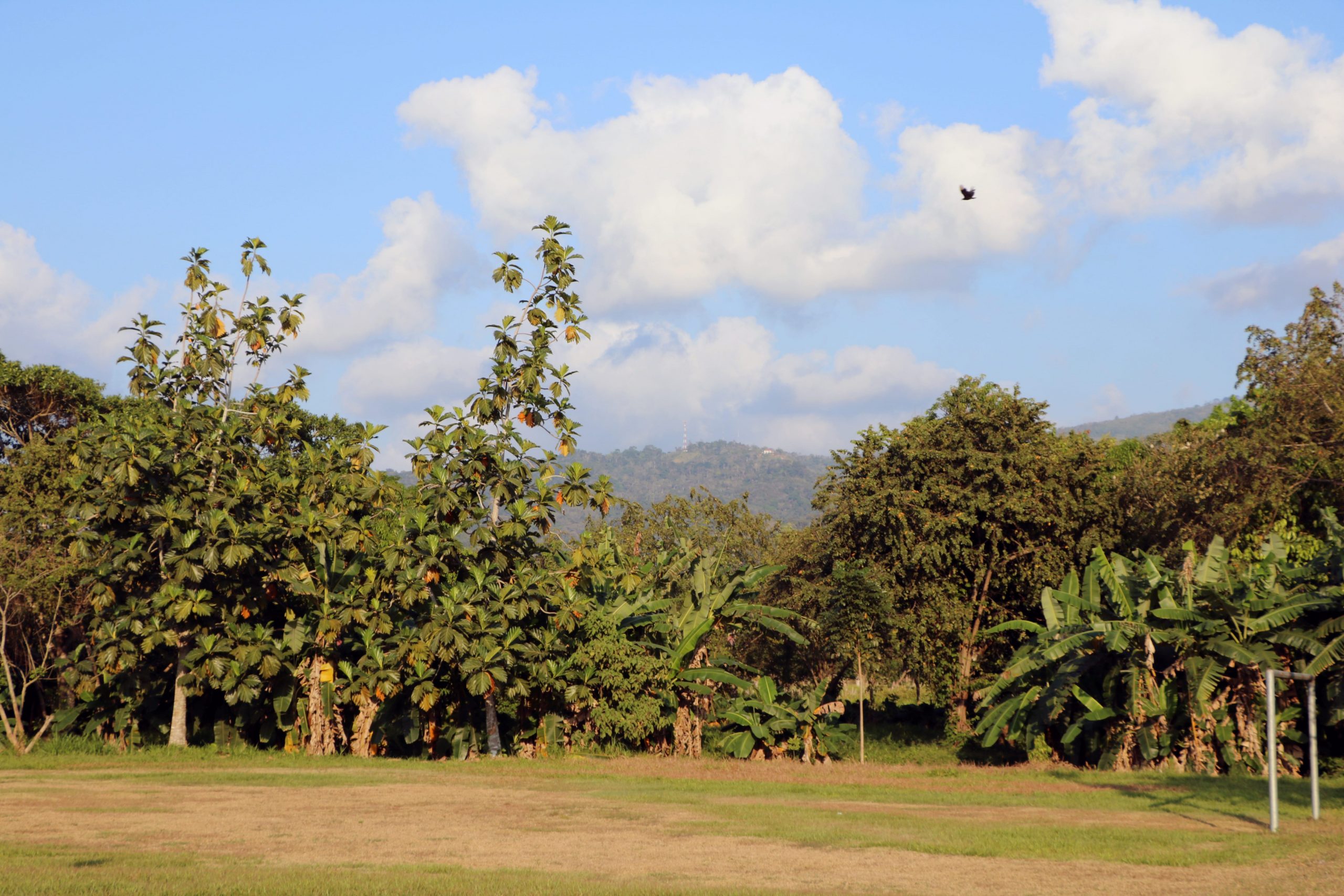
The next time you hear about Honduras on the news, and it’s a story of violence and caravans and forced migration, I implore you to pause and remember the other stories, those of both struggle and hope intertwined, the ones I’ve mentioned and the many more we may never know.
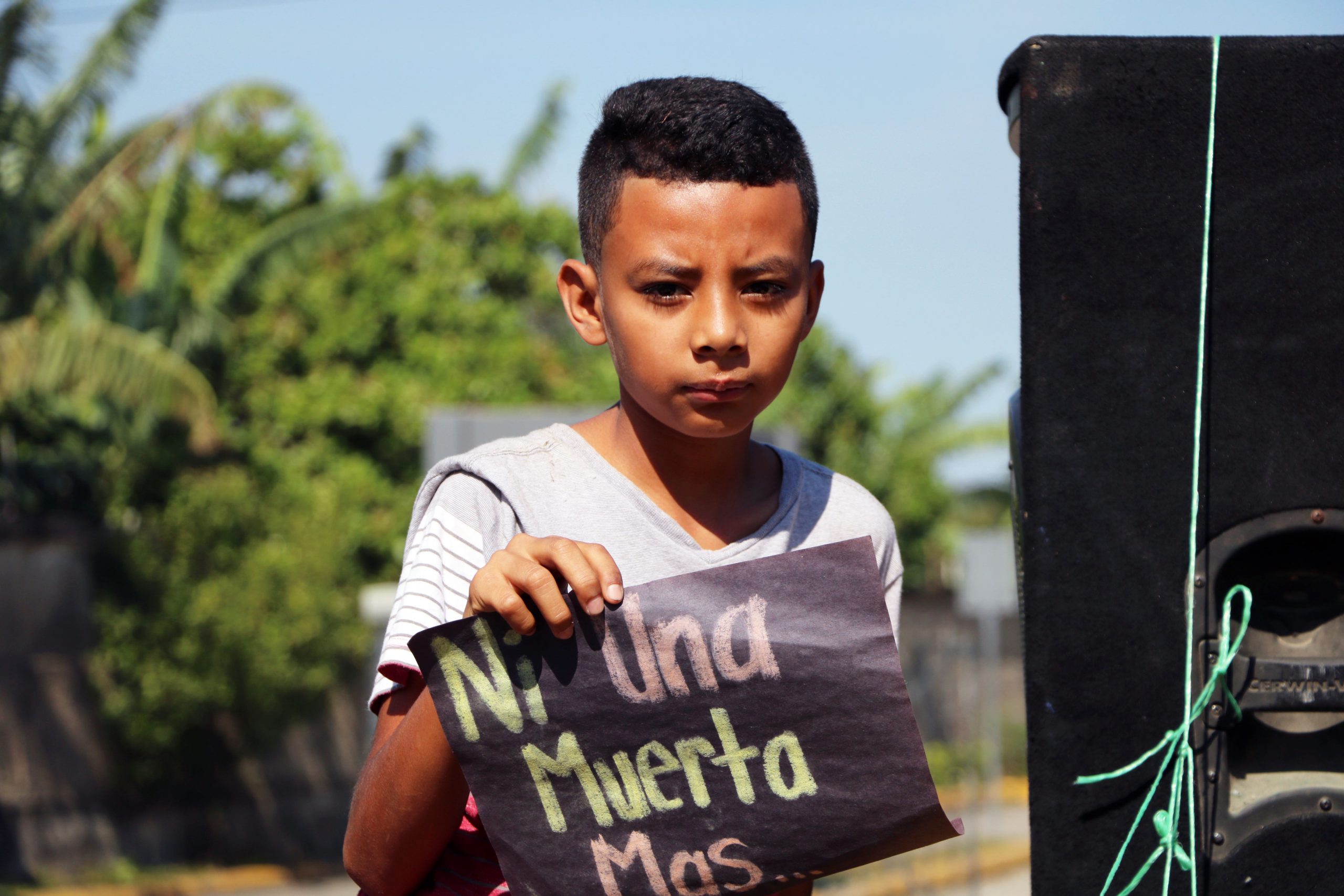
Hondurans are an incredible people, a resilient people, a people committed to reclaiming and defending their home, and this is their life. This is the country to which I’ve come. Only by first understanding that can we truly engage with them as they fight for, and insist upon, Honduran change.
To learn more about the Sisters of Mercy’s solidarity work in Honduras, click here.